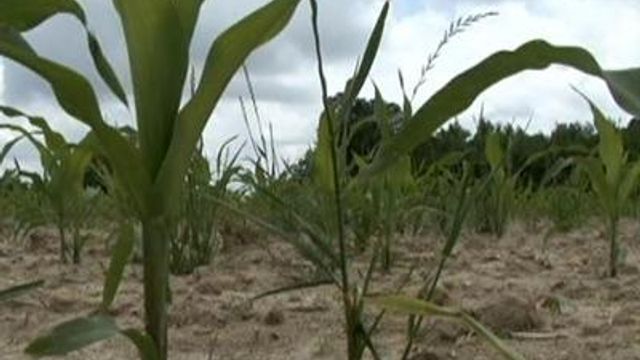Local Politics
Tobacco ban leaves growers' future uncertain
Tobacco production took a hit in 2005, in part, because of the state cigarette tax. Now, farmers fear they might be forced to cut back production again.
Posted — UpdatedRALEIGH, N.C. — Tobacco farmers say they are unsure how a new indoor smoking ban will have an impact on the crop.
The state House on Wednesday voted in favor of changes adopted in the state Senate that will put a stop to smoking inside nearly all restaurants and bars.
Private clubs and cigar bars are exempt from the restrictions, and it is up to each establishment to govern itself. Those caught smoking can face fines up to $50, and hospitality owners or managers could be fined up to $200 after being warned twice to enforce the smoking rules. Local health directors will enforce the ban.
"My reaction was very sickening," Jackie Thompson, a farmer in Wake County, said. "I feel like I was not in the state that I had been reared in. Tobacco's been good to this state."
Tobacco production took a hit in 2005, in part, because of the state cigarette tax.
It has been on a slow rebound since then, but last year, North Carolina produced $686 million worth of the crop, nearly half the value of the entire U.S.'s tobacco output.
Now, Thompson and other farmers fear they might be forced to cut back production again.
Tobacco was 65 percent of Franklin County farmer Tim Strickland's business until three years ago, when he switched to corn and wheat.
"It just got to where I couldn't make a profit," he said. "I was breaking even or barely getting by, and finally, I just decided to quit."
More than 30 states have passed similar legislation. Virginia, with its 400-year tobacco-growing legacy, passed a ban in March.
For generations, tobacco growers were a protected class, as lawmakers across the South defended the crop, which allowed thousands of small farms to survive.
But tobacco has lost ground in the General Assembly due to the rising costs of health care.
While North Carolina still has one of the country's highest concentrations of smokers, at 23 percent of the population, an Elon University poll in March found about two-thirds of residents backed a ban on indoor public smoking.
Eight in 10 said they consider secondhand smoke a threat to their health.
That leaves farmers, like Thompson, who have relied on the crop for decades, concerned about their future.
"We are the king state of tobacco, if you will," he said. "It puts food on our table, pays our bills, educates our children."
• Credits
Copyright 2024 by WRAL.com and the Associated Press. All rights reserved. This material may not be published, broadcast, rewritten or redistributed.





